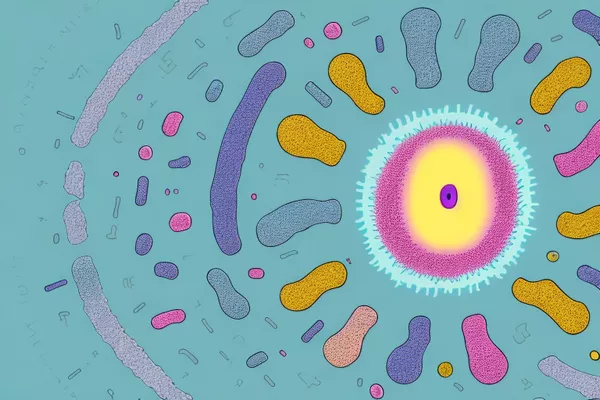Antiviral Medications
Acyclovir: This is one of the first antiviral medications developed for shingles. It is usually taken orally five times a day for 7 to 10 days. Acyclovir helps to stop the virus from multiplying, which can lead to a faster resolution of the rash and a reduction in the associated pain. However, the frequent dosing schedule can be inconvenient for some patients.
Valacyclovir: A prodrug of acyclovir, valacyclovir is more easily absorbed by the body and has a better bioavailability. It is typically taken three times a day for 7 days. This medication is often preferred due to its more convenient dosing regimen compared to acyclovir. It is equally effective in reducing the viral load and promoting healing.
Famciclovir: Famciclovir is also taken three times a day for 7 days. It has a similar mechanism of action as the other antivirals and is effective in shortening the course of the illness. Some studies suggest that it may have a slightly better effect on pain reduction compared to acyclovir.
Pain Medications
Over-the-Counter Analgesics: For mild to moderate pain, over-the-counter medications like acetaminophen or nonsteroidal anti-inflammatory drugs (NSAIDs) such as ibuprofen can be used. These medications help to relieve pain and reduce inflammation. They are generally safe when used as directed but should be used with caution in patients with certain underlying health conditions, such as liver or kidney problems.
Prescription-Strength Opioids: In cases of severe pain, especially during the acute phase of shingles, prescription opioids may be necessary. These medications, such as oxycodone or hydrocodone, are potent pain relievers. However, they carry a risk of side effects such as constipation, nausea, and the potential for addiction. Therefore, they are usually prescribed for a short period and under close medical supervision.
Topical Analgesics: Some topical creams or gels containing lidocaine or capsaicin can be applied to the affected area to provide local pain relief. Lidocaine numbs the area, while capsaicin works by depleting the nerve endings of a chemical that transmits pain signals. These topical agents can be used in combination with other pain medications for added relief.
Corticosteroids
Prednisone: Prednisone is a commonly used corticosteroid. It is usually prescribed in a tapering dose over a period of 7 to 14 days. The rationale behind using corticosteroids is to reduce the inflammation around the nerves, which may help alleviate the pain and potentially prevent the development of postherpetic neuralgia. However, the use of corticosteroids in shingles is somewhat controversial, as they may have potential side effects such as increased blood sugar levels, fluid retention, and suppression of the immune system. Therefore, their use is carefully considered on a case-by-case basis, especially in patients with underlying health conditions.
Medications for Complications
Antibiotics: If the blisters become infected with bacteria, antibiotics may be prescribed. The choice of antibiotic depends on the type of bacteria causing the infection. Commonly used antibiotics include amoxicillin-clavulanate or cephalexin. It is important to complete the full course of antibiotics to ensure the infection is completely eradicated.
Eye Medications: If shingles affects the eye (ophthalmic zoster), specific eye drops or ointments may be prescribed. These can include antiviral eye medications such as trifluridine or ganciclovir to treat the viral infection in the eye, as well as corticosteroid eye drops to reduce inflammation. In severe cases, oral antiviral medications may also be necessary to prevent damage to the eye and potential vision loss.
Nutritional Supplements
Vitamin B12: Vitamin B12 is important for nerve health. Some studies suggest that taking vitamin B12 supplements during a shingles outbreak may help reduce pain and improve nerve function. It can be taken orally or, in some cases, via injection.
Vitamin C and Zinc: These nutrients have antioxidant properties and can help boost the immune system. They may aid in the body’s fight against the virus and promote faster healing. However, it is important to note that while these supplements may be helpful, they should not replace standard medical treatment.


























